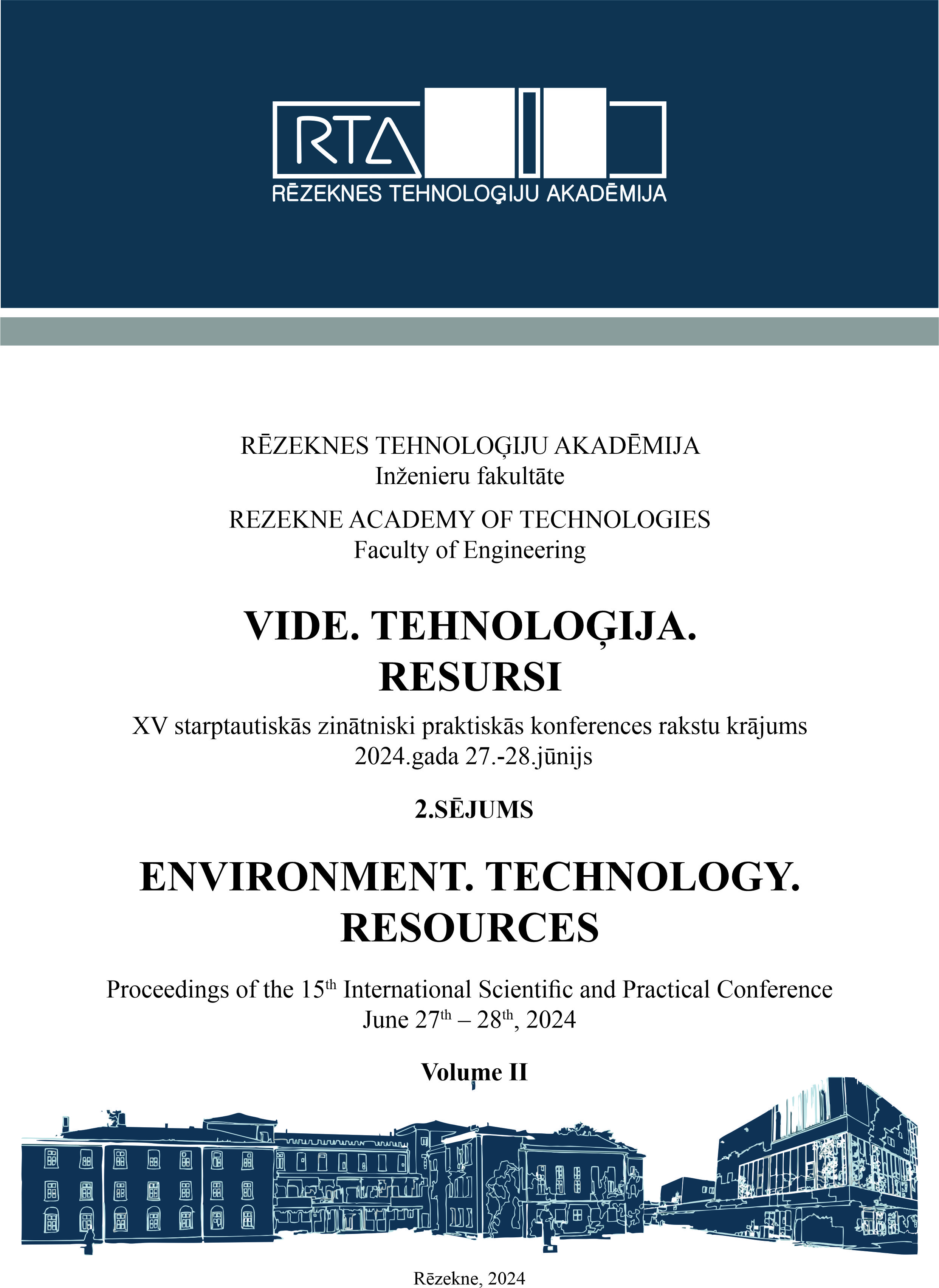SKILLS AND ATTITUDES TOWARDS USING AI BASED CHATBOTS
DOI:
https://doi.org/10.17770/etr2024vol2.8064Keywords:
Artificial Intelligence, ChatGPT, digital competence, public administration, employees, studentsAbstract
The results of a survey conducted in 2023 on skills and attitudes towards the use of Artificial Intelligence are presented. The study included employees working in the public administration in the Republic of Bulgaria and students from the Cybersecurity specialty. The aim was to find out to what extent and area of interest the two target groups work with or are willing to start using ChatGPT or similar chatbots. The questions asked in chatbots, as well as the listed by both groups advantages and disadvantages can be used as one of the indicators when creating the teaching materials for school or university courses, as well as for the updating of already ongoing training programs.
References
Regulation of the European Parliament and of the Council on the establishment of the "Digital Europe" program for the period 2021-2027. Brussels, 6.6.2018. COM(2018) 434 final, 2018/0227(COD). [Online]. Available: https://eur-lex.europa.eu/legal-content/BG/TXT/?uri=CELEX%3A52018PC0434 [Accessed: Feb. 22, 2024].
National strategic document "Digital transformation of Bulgaria for the period 2020-2030", adopted by Decision No. 493 of the Council of Ministers of 21.07.2020. [Online]. Available:https://www.strategy.bg/StrategicDocuments/View.aspx?lang=bg-BG&Id=1318 [Accessed: Feb. 22, 2024].
D. Borissova, Z. Dimitrova, N. Naidenov and R. Yoshinov, “Integrated approach to assessing the progress of digital transformation by using multiple objective and subjective indicators.” Research Challenges in Information Science. RCIS 2022. Lecture Notes in Business Information Processing, 446, 2022, p. 626-634, https://doi.org/10.1007/978-3-031-05760-1_37
Z. Minchev, “On the growing transformational role of ai technologies for the future cyber diplomacy in the post-information age,” International Journal of Cyber Diplomacy, 2023, pp. 29-41.
Z. Minchev, “Malicious future of AI: transcendents in the digital age,” The 12th International Conference on Business Information Security (BISEC-2021), 2021, pp. 18-22.
IPA. Analysis of training needs in the state administration of the Republic of Bulgaria for the period 2022 - 2024. [Online]. Available:https://www.ipa.government.bg/sites/default/files/apo_2022_2024_ipa.pdf [Accessed: Feb. 22, 2024].
Concept for the development of artificial intelligence in Bulgaria until 2030, adopted by Protocol No. 72.4 of the Council of Ministers of 16.12.2020. [Online]. Available: https://www.strategy.bg/StrategicDocuments/View.aspx?lang=bg-BG&Id=1338 [Accessed: Feb. 22, 2024].
R. Trifonov, S. Manolov, R. Yoshinov, G. Tsochev, S. Nedev and G. Pavlova, “Operational syber-threat intelligane supported by artificial intelligence methods,” Proceedings of the International Conference on Information Technologies (InfoTech-2018), 20-21 September, 2018, pp 1-9.
D. Gotseva, R. Trifonov and P. Stoynov, "Artificial intelligence and advanced technologies-some case studies from European research space." JFAMM-6-2018, 2018, pp. 13-19.
MES. MES with guidelines for more awareness of teachers in the use of artificial intelligence. [Online]. Available: https://web.mon.bg/bg/news/5839 [Accessed: Feb. 22, 2024].
A. Zorins and P. Grabusts, “Ethical Development and Implementation of Artificial Intelligence. Environment,” Technology. Resources. Rezekne, LatviaProceedings of the 13th International Scientific and Practical Conference. Volume 2, 2021, pp. 214-218 https://doi.org/10.17770/etr2021vol2.6549
I. Šukjurovs, R. Zvirgzdiņa and S. Jeromanova-Maura, “Artificial intelligence in workplaces and how it will affect employment in latvia”, Environment. Technology. Resources. vol. 2, 2019, pp. 154–158. doi:10.17770/etr2019vol2.4151.
Downloads
Published
Issue
Section
License
Copyright (c) 2024 Radoslav Yoshinov, Monka Kotseva, Anastas Madzharov, Neda Chehlarova

This work is licensed under a Creative Commons Attribution 4.0 International License.



